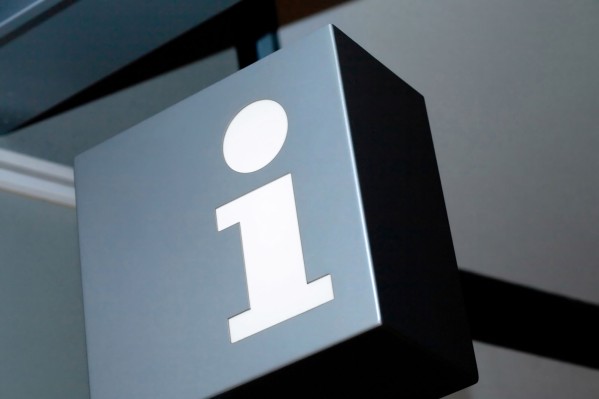Folgenden Dateitypen, da diese möglicherweise schädlichen, ausführbaren Programmcode enthalten:
.a3x, .ade, .adp, .ani, .apk, .app, .appinstaller, .applescript, .application, .appref-ms, .appx, .appxbundle, .arj, .asa, .asd, .asp, .asx, .awk, .bas, .bat, .bgi, .cab, .chm, .cmd, .com, .cpl, .cs, .csh, .daa, .deb, .desktopthemepackfile, .diagcab, .dll, .dmg, .esh, .exe, .ezx, .fky, .fxp, .gadget, .hiv, .hlp, .ht, .hta, .hwpx, .img, .inf, .ins, .ipa, .iqy, .iso, .isp, .its, .jar, .jnlp, .job, .js, .jse, .lib, .library-ms, .lnk, .mad, .maf, .mag, .mam, .maq, .mar, .mat, .mau, .mav, .maw, .mda, .mde, .mdt, .mdw, .mdz, .mht, .mhtml, .mof, .msc, .msh, .msh1, .msh1xml, .msh2, .msh2xml, .mshxml, .msi, .msp, .msrcincident, .mst, .obs, .ocx, .odt, .one, .ops, .oxps, .pcd, .pcd, .pif, .plg, .plx, .pot, .potm, .ppa, .ppam, .ppkg, .prf, .prg, .ps1, .ps1xml, .ps2, .ps2xml, .psc1, .psc2, .pst, .pvd, .py, .pyc, .pyo, .pyw, .pyz, .pyzw, .reg, .rpm, .rtf, .scf, .scpt, .scr, .sct, .searchConnector-ms, .service, .settingcontent-ms, .sh, .shb, .shs, .sldm, .slk, .so, .svg, .theme, .themepack, .timer, .tmp, .url, .uue, .vb, .vbe, .vbs, .vdo, .vhd, .vhdx, .vsmacros, .vsw, .vxd, .wbk, .wcm, .website, .widget, .wim, .wiz, .workflow, .ws, .wsc, .wsf, .wsh, .xhtml, .xlam, .xll, .xltm, .xnk, .xps, .xqt, .xsl,
Passwortgeschützte oder verschlüsselte Word- und Exceldateien sowie Archive, da diese nicht auf Schadcode geprüft werden können.
Microsoft Office Dokumente mit Makro oder eingebundenen OLE Objekt(en).
Nachrichten, welche Dateien der oben aufgeführten Dateitypen enthalten, werden automatisch an den Absender zurückgesendet.
Ein Austausch der blockierten Dateitypen ist nur über Filecloud möglich.


